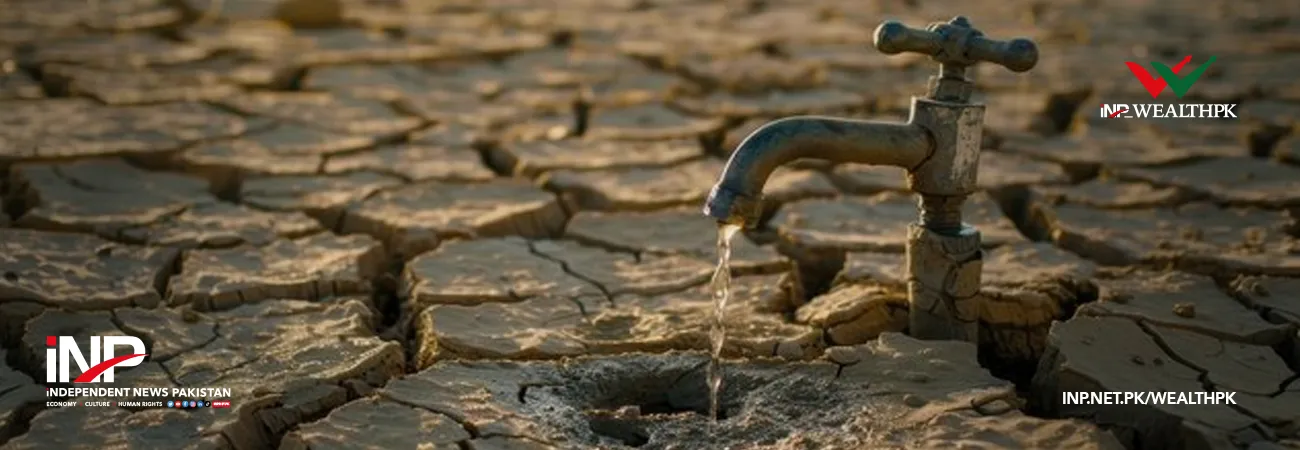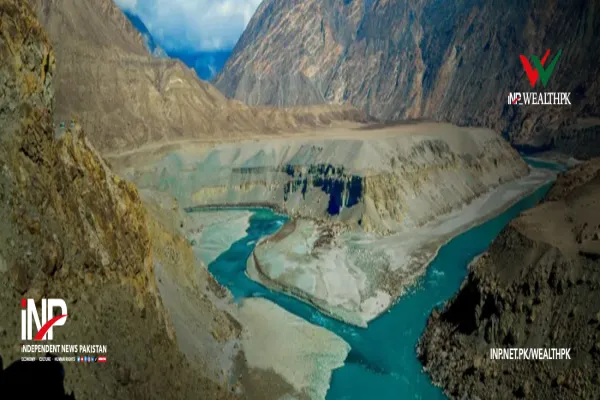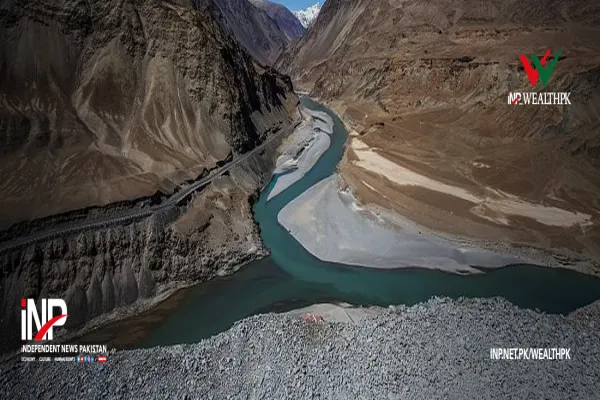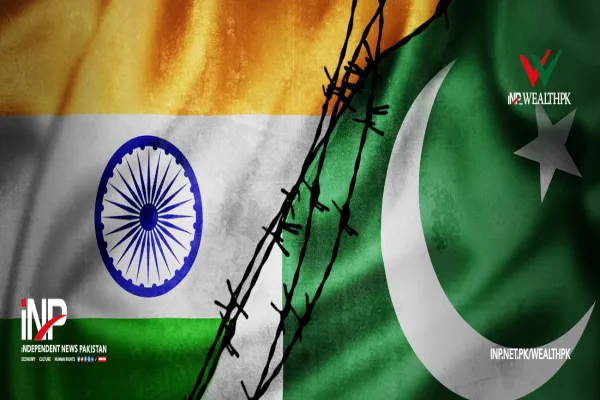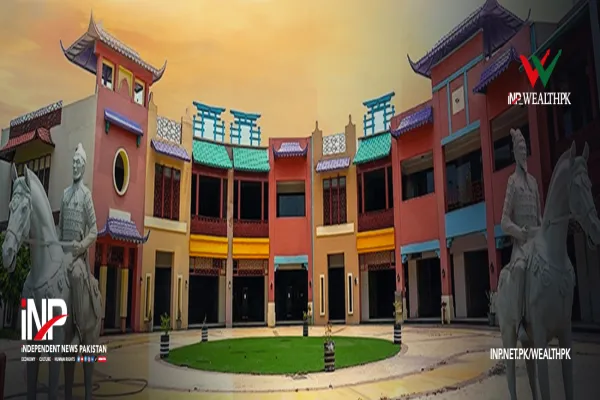i INP-WEALTHPK
Ayesha Saba
Pakistan is confronting a severe water crisis, with per capita availability declining to critical levels." This situation is exacerbated by climate change, inefficient agricultural practices, and outdated water management systems. To address these challenges, the adoption of advanced technologies is imperative,” notes Muhammad Imran, a former assistant director at the Pakistan Council of Research in Water Resources (PCRWR).
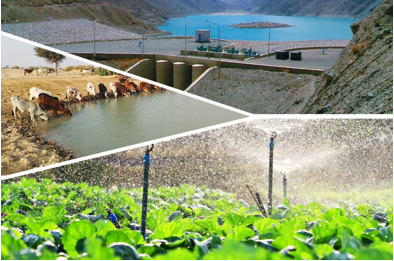
Talking to WealthPK, he said despite having one of the largest irrigation systems globally, supported by three major reservoirs and approximately 20 main irrigation canals covering an area of around 17 million hectares, Pakistan was struggling with diminishing water supplies. “As Pakistan’s economy relies heavily on agriculture, the need for a steady and ample water supply is crucial for sustaining growth.
However, the available water resources are rapidly dwindling, exacerbated by the absence of a comprehensive water conservation plan,” he highlighted. Imran said that nearly 60% of water is lost due to inefficient storage systems. “Leakages, poor maintenance, and outdated infrastructure exacerbate water scarcity, leaving millions vulnerable.” He emphasised the need for immediate action to protect this valuable resource through careful planning and sustainable practices.
“Efficient storage solutions and improved water management systems could significantly reduce these losses, ensuring that the available water is used effectively to meet the needs of a growing population.” Imran also stressed the adoption of new technologies and practices for the use of drainage water and treatment of wastewater. “These techniques should be economised and replicated for the reuse of drainage and wastewater.”
He also suggested the implementation of Internet of Things (IoT) sensors to monitor water usage, detect leaks, and improve distribution efficiency. “These smart systems can also optimise irrigation practices, reducing water wastage in agriculture, which is the largest consumer of water in Pakistan. By using real-time data, these systems allow for better water allocation, ensuring that every drop is used as efficiently as possible.”
To achieve sustainable water management, he stressed the importance of integrating latest technologies into national water policies. “It is not enough to simply adopt new technologies; they must be supported by policies that encourage their widespread implementation and ensure that the necessary infrastructure and funding are in place.” “Collaborative efforts between the government, private sector, and international organisations will be critical to financing and scaling up these technological solutions across the country,” he added.
A PCRWR report reveals severe groundwater depletion in Punjab, where 22.84% of the region has no underground water left, and 36.17% is near depletion. Water levels have dropped significantly, with only 0.48% remaining at depths up to five feet and 34.07% at 10-20 feet. In Khyber Pakhtunkhwa, 32.96% of the province has lost its underground water, and 41.94% is nearing exhaustion. Sindh and Balochistan have seen less drastic depletion. Only 0.03% of underground water has been lost in these provinces, where 0.39% is close to exhaustion.
Credit: INP-WealthPk



